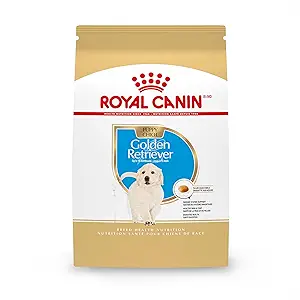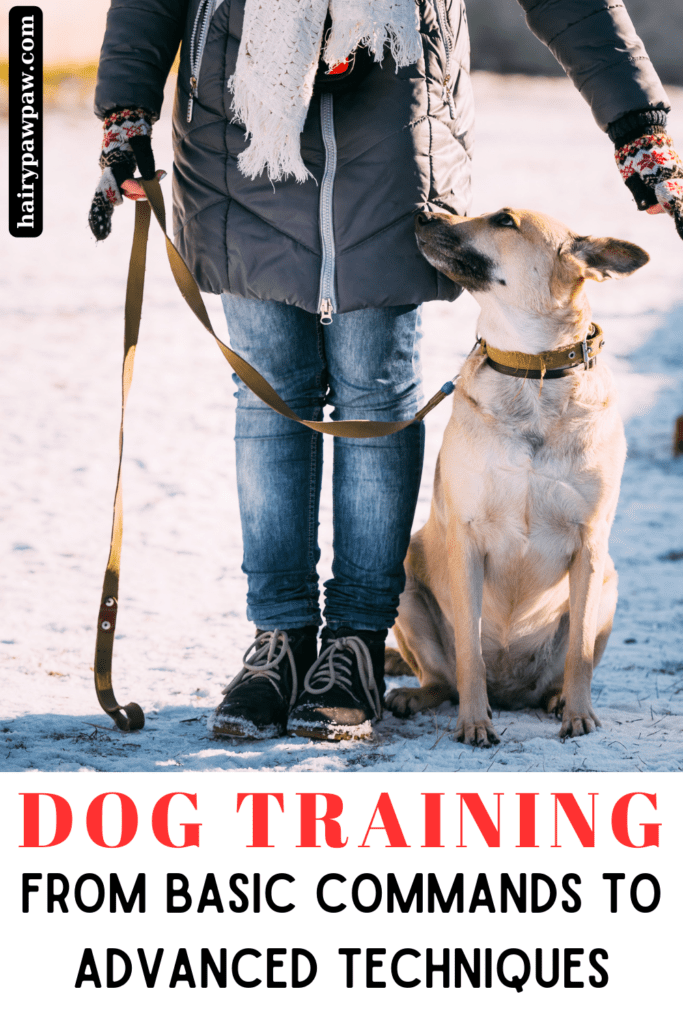Introduction to Golden Retrievers: You Need to Know
Golden Retrievers are one of the most popular and beloved dog breeds around the world. Known for their friendly temperament, intelligence, and loyalty, they make excellent family pets and companions. But before you decide to bring one into your home, there are some essential things you need to know. This guide will cover everything, from their origins to their care requirements.

History and Origins of Golden Retrievers
The history of Golden Retrievers dates back to the 19th century in Scotland. A man named Dudley Marjoribanks, later known as Lord Tweedmouth, wanted to develop a dog breed with the ability to retrieve game from both water and land. By crossing a Yellow Retriever with the now-extinct Tweed Water Spaniel, he created what we now call the Golden Retriever. This breed quickly gained popularity for its intelligence, obedience, and sporting abilities.
Golden Retriever Appearance
Golden Retrievers are medium-to-large dogs with a distinct and attractive appearance. They have a dense, water-repellent coat that ranges from light golden to dark golden shades. Their broad heads, friendly eyes, and muscular bodies give them an approachable and sturdy look.
They typically weigh between 55 and 75 pounds, with males being slightly larger than females. These dogs also have a distinctive feathered tail, which adds to their graceful appearance.
Personality and Temperament
Golden Retrievers are famous for their gentle, friendly, and patient nature. In fact, they are one of the most people-friendly dog breeds you can find. These dogs are highly sociable and get along well with children, adults, and even other pets. Because of their loyalty and eagerness to please, they excel in obedience training.
However, Golden Retrievers are also known for their high energy levels. They love to play, run, and swim, making them excellent companions for active families. While they are not typically aggressive, they are alert and will bark to warn you if something seems off. With consistent training, their protective nature can make them good watchdogs without being overly territorial.
Exercise and Activity Needs
Because Golden Retrievers are energetic dogs, they need regular physical activity to stay healthy and happy. On average, they require at least an hour of exercise per day. Without enough physical and mental stimulation, they can become bored and develop destructive behaviors.
Daily walks, runs, or play sessions in the yard are ideal for these dogs. They also love activities like fetching, hiking, and swimming. If you have access to water, taking your Golden Retriever swimming can be a great way to give them exercise while allowing them to do something they love.
Engaging their minds is just as important as physical activity. Puzzle toys, obedience training, and games like hide-and-seek can help keep their intelligent minds active.
Golden Retriever Care and Grooming
Golden Retrievers have a thick double coat that sheds year-round, with more significant shedding happening in the spring and fall. Because of this, regular grooming is essential. Brushing their coat at least two to three times per week will help reduce shedding and keep their fur looking healthy.
In addition to brushing, you should bathe your Golden Retriever once every few months or when they get dirty. Overbathing can strip their coat of essential oils, so it’s best not to do it too often.
Their ears need regular attention as well. Because their floppy ears can trap moisture, cleaning them weekly will help prevent infections. Trim their nails regularly to avoid overgrowth and discomfort.
Dental care is another vital aspect of your Golden Retriever’s health. Brushing their teeth several times a week will help prevent gum disease and bad breath.
Training Your Golden Retriever
Training a Golden Retriever is usually a pleasant experience because they are eager to learn and please their owners. They respond best to positive reinforcement methods like praise, treats, and playtime. Starting training as early as possible helps to establish good behaviors.
Socialization is another critical part of training. Introducing your Golden Retriever to new people, environments, and other animals will help them grow into well-rounded and confident dogs. Early socialization can also reduce any shyness or anxiety they may develop in unfamiliar situations.
These dogs are excellent at obedience training, but they also excel in activities like agility, therapy work, and even search and rescue. Their intelligence and willingness to work make them highly versatile dogs.

Your Golden Retriever Puppy Month by Month: Everything You Need to Know at Each Stage to Ensure Your Cute and Playful Puppy (Your Puppy Month by Month)
Common Health Issues
While Golden Retrievers are generally healthy dogs, they are prone to certain health issues. Being aware of these conditions can help you take preventative measures and seek treatment early if necessary.
- Hip Dysplasia: This is a genetic condition where the hip joint doesn’t fit properly into the hip socket. Over time, this can lead to arthritis and mobility issues.
- Elbow Dysplasia: Similar to hip dysplasia, this condition affects the elbow joint and can cause pain and lameness.
- Heart Problems: Golden Retrievers can suffer from heart conditions like subvalvular aortic stenosis (SAS), which affects blood flow from the heart.
- Cancer: Unfortunately, Golden Retrievers have a higher risk of developing certain cancers, including hemangiosarcoma and lymphoma.
- Eye Conditions: Cataracts and progressive retinal atrophy (PRA) are common eye problems in Golden Retrievers.
- Allergies: Skin allergies are fairly common and can cause itching, hair loss, and discomfort.
To help reduce the risk of these health problems, always choose a reputable breeder who screens for genetic conditions. Regular vet checkups, a balanced diet, and proper exercise can also contribute to a healthier life for your Golden Retriever.
Feeding Your Golden Retriever
A balanced diet is essential for your Golden Retriever’s overall health. The right food can help maintain a healthy weight, coat, and energy levels. When choosing dog food, look for high-quality options with the right balance of proteins, fats, and carbohydrates. Be sure to follow the feeding recommendations on the packaging or consult your vet for personalized advice.
Puppies need more frequent meals, but once your dog reaches adulthood, two meals per day should suffice. Avoid overfeeding, as Golden Retrievers are prone to obesity, which can exacerbate joint issues like hip dysplasia.
Is a Golden Retriever Right for You?
Before deciding to bring a Golden Retriever into your home, it’s essential to evaluate whether this breed fits your lifestyle. Golden Retrievers thrive in active households that can provide them with the exercise, attention, and mental stimulation they need. Their friendly nature makes them wonderful family pets, but their high energy levels and grooming requirements can be challenging for some owners.
If you can meet their needs, a Golden Retriever will reward you with endless love, loyalty, and companionship.
Conclusion
Golden Retrievers are more than just a popular breed—they are loving, loyal, and intelligent companions that can bring joy to any household. By understanding their history, traits, and care needs, you can give your Golden Retriever the best life possible. Whether you are a first-time owner or a seasoned dog lover, this guide to Golden Retrievers has everything you need to know about raising a happy, healthy pet.








